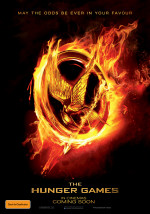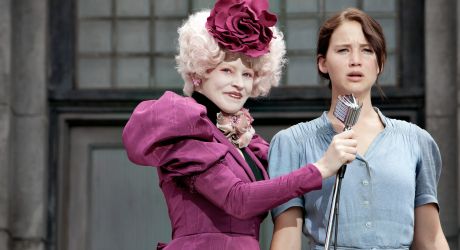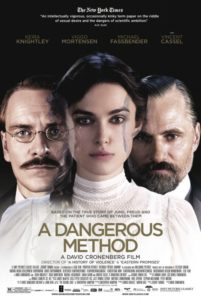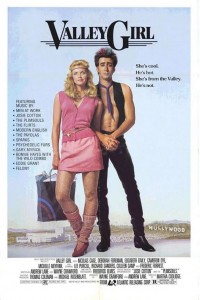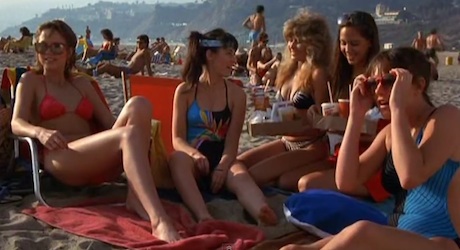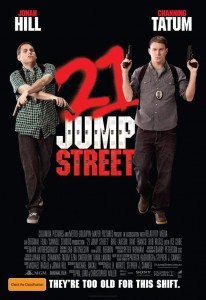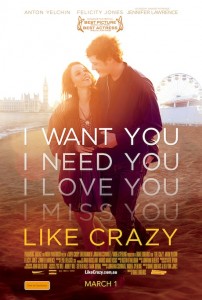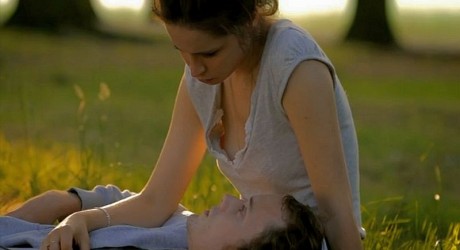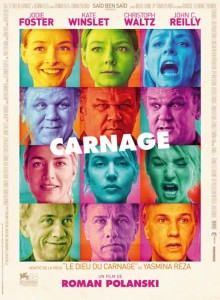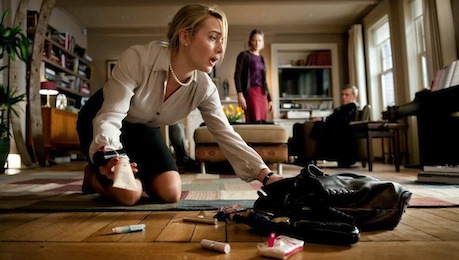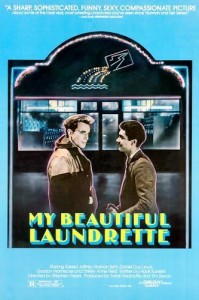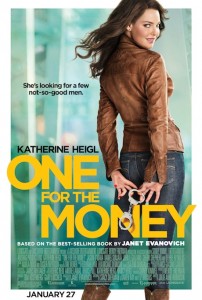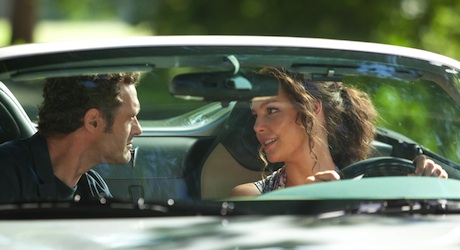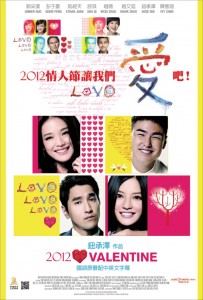The first of the two fresh takes on the Brothers Grimm’s most famous tale sets the visual bar and fun factor high in this cheeky spin on a fairy tale.
[stextbox id=”grey” caption=”Mirror Mirror (2012)” float=”true” align=”right” width=”200″]
Director: Tarsem Singh
Writer(s): Melissa Wallack, Jason Keller
Runtime: 106 minutes
Starring: Lily Collins, Julia Roberts, Armie Hammer, Nathan Lane
Distributor: Roadshow Films
Country: US
Rating: Better Than Average Bear (?)
[/stextbox]
With its groundbreaking animation and winning score, Walt Disney’s first animated classic Snow White and the Seven Dwarfs has largely shaped the modern conception of what this well-trodden tale should look like. Countless versions have been crafted over the last 75 years, based on the Grimm Brothers most famous version of the story, but the core variations of the myth have all been Disneyfied to a certain extent. In the grand tradition of Hollywood, two contenders to the throne have been announced for 2012, and Mirror Mirror beats Snow White and the Huntsman to the screen by a matter of months.
A wicked enchantress uses magic to marry, and then dispose of, the King and take her place as Queen Clementianna (Julia Roberts). Keeping the rightful air to the throne, the beautiful Snow White (Lily Collins), subservient and out of sight, the Queen taxes the poor and runs the kingdom into ruin for her own vanity. After a chance encounter in the forest, the charming prince Andrew Alcott (Armie Hammer) becomes smitten with Snow. The jealous Queen orders her henchman Brighton (Nathan Lane) to kill her, but instead he lets her run. There, Snow encounters seven diminutive highway robbers who take her in, and help her take back her kingdom from the Queen.
Tarsem Singh Dhandwar, known to the movie world simply as Tarsem, developed a visually arresting glossy style in the commercial and music video world. It was one that he would employ in his debut feature film The Cell, and again in his sophomore effort The Fall. After taking the sword and sandal genre to artistic heights in last year’s Immortals, he rather unexpectedly turns to family comedy in Mirror Mirror, and it is a welcome and surprisingly fresh change. Once again, Tarsem’s visual style is what distinguishes this film from its competition, ensconcing its protagonists in brightly coloured garb and surrounding them in carefully placed faux antiquities and exotic objects. Every still from the film is worth framing. There is some darkness here, but while sinister, it is never truly frightening. In this respect, it shares more with modern family-friendly animation than Disney.
Melissa Wallack and Jason Keller‘s script has Grimm at its core, but aims to subvert it enough to make it relevant to knowing modern audiences. The casting of Julia Roberts is a clear attempt to get audiences on side with the Queen from the start, who begins telling the story as though it is her own, and her mirror is not simply on the wall but a trans-dimensional portal. Around her swirls a whole lot of winking to the audience, especially around the frequent semi-nudity of Hammer’s prince, meaning that not all of the elements are for the smaller kids. Recasting the dwarfs as brigands with less than noble intentions is certainly a progressive step as well, especially when this set of seven kicks some serious tail.
Collins radiates as Snow White, having never looked as beautiful or played as strong a role. After a completely forgettable turn in Priest, and a laughable one in unintentional comedy Abduction, she finds her place in this fairy tale, effortlessly transitioning from graceful to buccaneer bandit. Making a wonderful foil for her is Hammer, cheekily playing up to the character, even spanking Snow several times during the obligatory sword fight. This is incredibly silly stuff, but it’s a fairy tale after all, and the important thing is that everybody, including the audience, lives happily ever after.
Mirror Mirror was released in Australia on 29 March 2012 from Roadshow Films.




